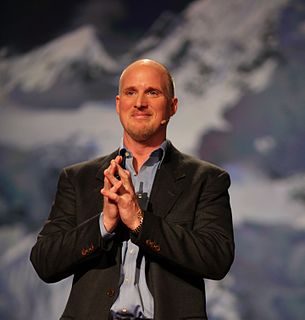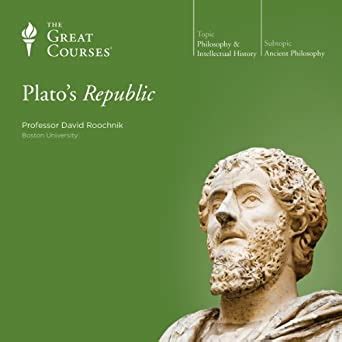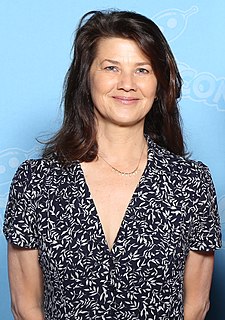A Quote by David Eagleman
I spent my adult life as a scientist, and science is, essentially, the most successful approach we have to try and understand the vast mysteries around.
Quote Topics
Related Quotes
Our problem was that in the American approach to Soviet affairs policy has oscillated between people who take an essentially psychological approach and people who take an essentially theological approach, and the two really meet. The psychologists try to "understand" the Soviet Union. And try to ease its alleged fears. The theologians say the Soviets are evil.
People take it for granted that the physical world is both ordered and intelligible. The underlying order in nature - the laws of physics - are simply accepted as given, as brute facts. Nobody asks where they came from; at least not in polite company. However, even the most atheistic scientist accepts as an act of faith that the universe is not absurd, that there is a rational basis to physical existence manifested as law-like order in nature that is at least partly comprehensible to us. So science can proceed only if the scientist adopts an essentially theological worldview.

































